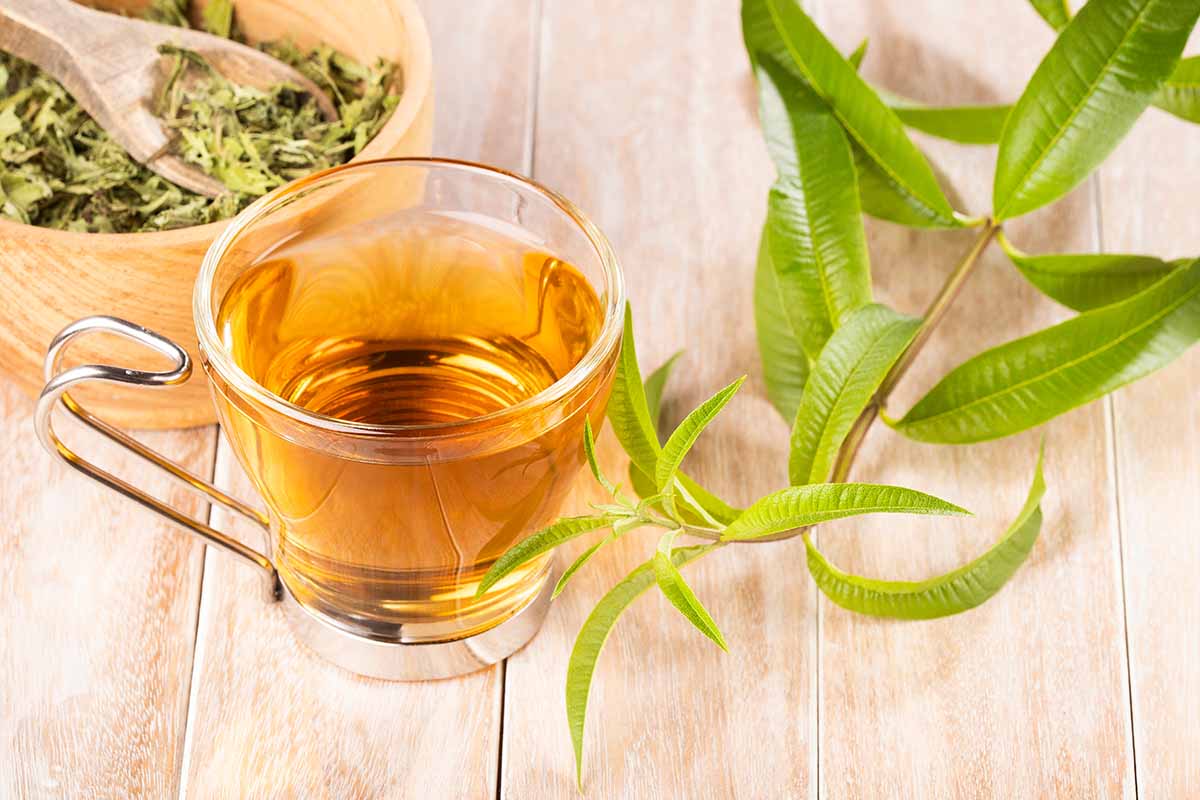

· By Doménica Palacios
The Quali-tea of Lemon Verbena
Are you ready to learn more about one of our main ingredients? Welcome to the Quali-tea Series! On this occasion, we are going to talk about Lemon Verbena, a flowering plant that grows in South America. Did you know that South America is precisely the continent were Ecuador is located and that we prepare and blend our delicious Waku teas there? Lemon Verbena leaves and flowering tops are used to make medicine and it is used for digestive disorders, muscle damage caused by exercise, multiple sclerosis (MS), insomnia, and other conditions. But hey! Take a look at all this fun facts, uses and benefits of lemon verbena:
What is it

Lemon verbena, also known in the scientific community as Lippia citriodora, Aloysia citriodora, and Aloysia triphylla, is a medicinal plant native to South America. It contains several plant compounds, including terpenoids and phenolic compounds, that have antioxidant and anti-inflammatory properties. For example, lemon verbena leaves and extract are rich in a polyphenol compound called verbascoside. The plant is a perennial shrub that has a powerful lemony scent, which intensifies when the leaves and flowers are touched or bruised. The shrub can stand 2-3 meters high and has small purple and white flowers.
According to older and newer studies, this compound has strong antioxidant activity. In fact, both animal and test-tube studies have shown that verbascoside may protect against cell damage and improve your body’s antioxidant defenses. In addition to verbascoside, lemon verbena contains several other plant compounds with antioxidant properties, including geranial, neral, luteolin, and limonene.
What are its benefits and nutritional facts?

The fascinating health benefits of lemon verbena may include its potential ability to protect muscles, reduce inflammation, boost the immune system, calm the stomach, reduce fevers, soothe nerves, and clear up congestion. It is also popularly used for weight loss.
Weight Loss: While green tea is often suggested for those on a diet, lemon verbena is effective too. There are only 2 calories per serving and the rich mix of organic compounds has an effect on the body that may reduce the “munchies”, thereby preventing you from snacking between meals and compromising your diet.
Boost Immunity: Oxidative stress is a result of free radical activity and their presence throughout our body’s organs, which weakens the immune system by stretching it too thin and distracting it with cellular mutation and chronic diseases. Research has connected lemon verbena to lower oxidative stress levels and better overall health of the body, evidenced by accelerated antioxidant enzyme activity, while markers for inflammatory vascular damage decreased.
Aid in Digestion: Lemon verbena tea also has certain soothing qualities that have been traditionally relied on to relieve stomach issues and indigestion in different cultures. This herbal preparation may have potentially anti-spasmodic qualities that can help it calm the stomach and eliminate cramping and bloating, which can lead to discomfort and gastrointestinal issues.
How is it used or how could it be prepared?

The essential oil of lemon verbena, when extracted, contains a high concentration of powerful antioxidant compounds, including verbascoside, nerol, geraniol, and citral. The most common use of lemon verbena outside of herbal pill supplementation is as an herbal tea. The leaves can be dried and then steeped for a powerful boost to many of the organs and metabolic processes.
Lemon verbena has a bright, refreshing, and calming scent. As such, it can act as a natural air freshener. You can also use lemon verbena essential oil in an essential oil diffuser. Alternatively, apply it directly to your skin if mixed with a carrier oil. Although, it’s best to first test for a potential skin allergy by doing a patch test. Finally, note that essential oils should never be ingested. You can also use the plant to make tea.
Adverse Effects
When taken by mouth: Lemon verbena is safe for most people when consumed in amounts found in alcoholic beverages. It is possibly safe when taken in appropriate amounts as a medicine, short-term. It can cause skin irritation (dermatitis) in some people.
When applied to the skin: There isn't enough reliable information to know if lemon verbena is safe when applied to the skin. Contact with lemon verbena may cause red, itchy skin rash in some people.
Also, if you suffer from kidney disease, its active ingredients could potentially worsen the condition, so avoid its use. Consult a trained medical professional before changing your health regimen or replacing any pharmaceutical drug with an herbal remedy.
References:
9 Amazing Benefits Of Lemon Verbena